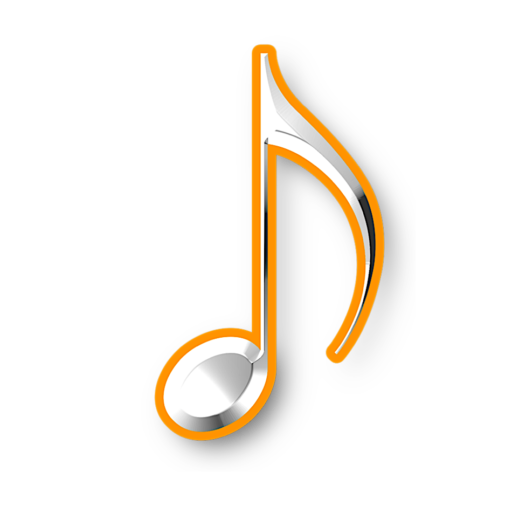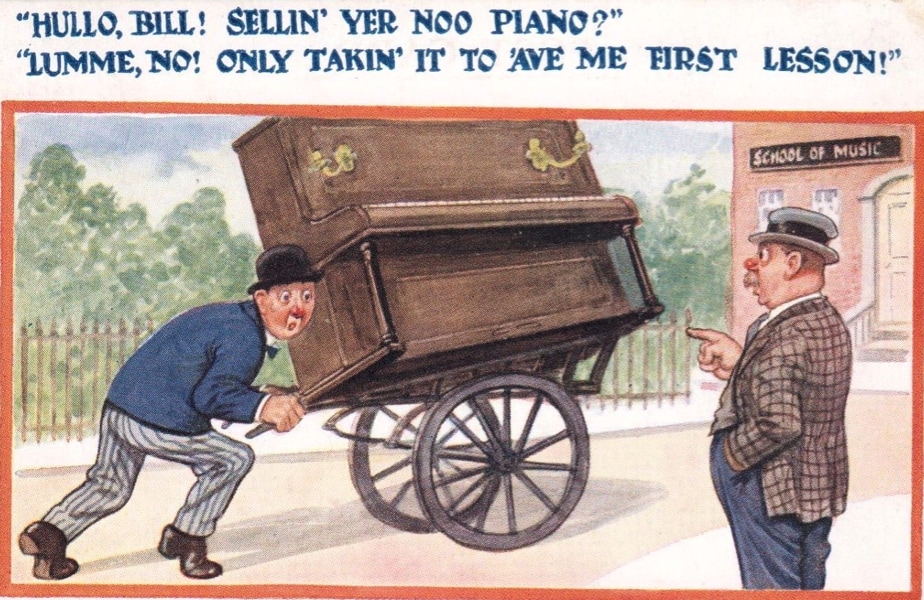Top Ten Tips for Adult Piano Beginners
Filed in: Teaching and Learning
Here are the Top Ten Tips for adult beginners learning the piano, from an article that appeared in Pianist (the magazine) August-September 2003 by Jocelyn Abbott.
Don't try to teach yourself. Make sure you engage a qualified teacher experienced in teaching adults.
Have a keyboard at your disposal before starting to take lessons. An acoustic piano is best but if floor space is a problem - an electric keyboard is perfectly adequate. Make sure that you get one with the same key size and weighting of an acoustic piano, and a pedal attachment.
Set a designated time for your appointment with your piano, and stick to it. Remember - even a small amount of practice (if only every two or three days) is infinitely better than a marathon practice session just before a lesson.
Concentrate on the basics when you begin to establish good rhythm, reading, hand position and fingering. You will need this basic foundation no matter what style of music you want to play - be it classical, jazz or popular.
Select two or three pieces that your really enjoy and play them. This will give a good balance with the tutor book pieces that might not be the most appealing music at times - but are designed'to help you acquire new techniques.
Always fix the next lesson date. Don't say that you'll wait till you've clone some practice before ringing to book another lesson. You won't!
Follow the score when listening to piano music. This is an excellent way to develop and improve your note reading. Pianist provides an excellent opportunity for this as the scores to the music on the accompanying CD are printed in the middle of the magazine.
Play duets with your teacher as soon as you are able. It is a fun way to improve your note reading and rhythm. When your simple part is added to your teacher's, the result is always enjoyable and impressive. The 'feel-good' factor is always very important.
Set your own curriculum and your own realistic goals with your teacher. Direct your focus to the style of music you want to play and don't feel obliged to take exams unless you want to.
Listen to lots of music at concerts, on the radio and recordings. As you become more exposed to new repertoire, you will find that your interest in other music will widen - not just in piano music - but orchestral, chamber music, opera, choral, jazz and so on.
BUT ABOVE ALL, ENJOY IT AND HAVE FUN!
Prospective Adult Learners thinking about music exams should also read Umbrage by Armando Ianucci: if they have a sense of humour










